Shoulder pain can be caused by a variety of different issues, ranging from inflammation and instability to arthritis and fractures. Learn more about types of pain, their causes, symptoms and treatments.
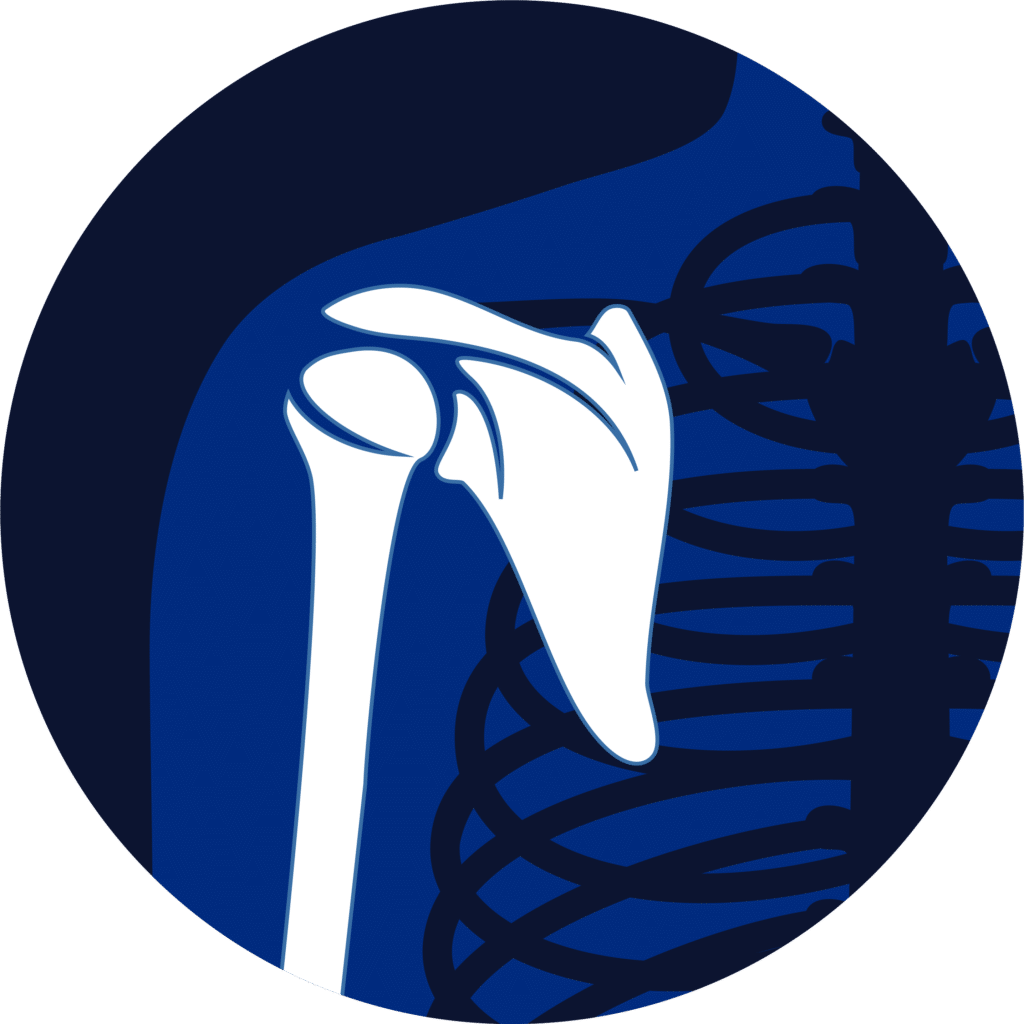
Shoulder pain can often signify something more severe than everyday muscle fatigue. It can result from inflammation, instability, arthritis, or a fracture. The most common symptom is joint pain and stiffness that worsen over time. Additional symptoms may include:
Early detection is key for the best outcome for any type of shoulder injury or condition. When dealing with shoulder discomfort or injury, Victoria Orthopedic Center can help.
The shoulder joint is composed of three bones – the humerus, clavicle, and scapula – connected by a complex system of muscles, ligaments, and tendons that enable an impressive range of motion such as flexion, extension, abduction, rotation, and circumduction.
The complex shoulder components and their interactions allow the shoulder to perform a wide array of motions such as abduction and rotation – making it perhaps the most complex joint in our body.
Rotator cuff bursitis is an inflammation of the small sac of fluid located between the rotator cuff tendons and the shoulder bones, which may cause pain, tenderness, and a restricted range of motion in the shoulder joint.
Rotator Cuff Bursitis surgery aims to create more space for the rotator cuff and the inflamed tissue. The surgical treatment can be done openly or arthoscropedly. After surgery, doctors recommend an arm sling and physical therapy to ensure proper healing. Patients who undergo rotator cuff treatments notice improvement in shoulder motion and comfort.
A Rotator Cuff Tear is a common shoulder injury caused by repetitive overhead activities and can result in pain, loss of movement and strength, reduced range of motion, and decreased quality of life.
Rotator Cuff repair can be performed with minimally invasive or open surgery methods. With tailored care plans from a medical professional, even severe cases of rotator cuff bursitis can be treated appropriately and healed over time. Patients who undergo rotator cuff treatments notice improvement in shoulder motion and comfort.
Shoulder Arthroscopy is a minimally invasive surgical procedure that involves the use of an arthroscope, small incisions, and specialized instruments to perform diagnostic tests, repair damaged tissue, and repair or reconstruct torn tendons, ligaments and other related structures in the shoulder joint.
It’s important to note that not all shoulder-related issues resolve with conservative treatments like rest or medication; when those interventions are not successful, your doctor may recommend surgery. During an arthroscopy, your doctor will use small incisions and specialized instruments to inspect and repair tissue in the shoulder joint.
SLAP Repair is a specialized form of orthopedic surgery that uses minimally invasive arthroscopic techniques to diagnose, evaluate and repair torn or damaged labrum tissue in the shoulder joint, restoring stability, range of motion and strength to the affected area.
SLAP repair is a common orthopedic surgery for restoring stability and strength to the shoulder joint, specifically for those suffering from torn or damaged labrum tissue. A doctor’s diagnosis through imaging or physical examination will determine treatment options. Conservative treatment methods include medications to reduce pain and swelling, and physical therapy. If those treatments are unsuccessful, surgical intervention becomes necessary.
Arthroscopic Bankart Repair is a minimally-invasive procedure that involves inserting an arthroscope into the shoulder joint to repair damaged tissue, reconstruct the labrum, and stabilize the shoulder joint by reattaching the labrum to the socket of the shoulder blade (glenoid), allowing for improved range of motion.
With minimal disruption to surrounding tissue, arthroscopic Bankart repair can be a successful orthopedic procedure for stabilizing a shoulder that has been affected by instability and related pain. This will eventually result in an improved range of motion for patients who suffer from shoulder instability after surgery.
A Clavicle Fracture typically occurs when the clavicle bone, which runs horizontally between the shoulder and sternum, breaks or fractures due to an excessive amount of force applied to it, such as from a fall onto the shoulder or outstretched arm, a direct blow to the collarbone area, or extreme twisting of the torso during physical activity.
In most cases, the doctor recommends conservative treatment such as rest, ice, compression, and elevation for a few weeks to months. If the fracture is severe or not healing correctly, surgery may involve using plates, screws, and rods to improve the alignment and stability of the bone. After surgery, the patient usually needs more rest and activity modifications during recovery to ensure successful healing. While symptoms like swelling can be present at diagnosis, they should gradually diminish weekly as long as progression is maintained with doctor recommendations.
Shoulder joint replacement surgery is a procedure that involves surgically replacing the damaged or diseased shoulder joint with an artificial implant, usually composed of metal and plastic components, to restore the range of motion, reduce pain and improve the overall functioning of the shoulder. Shoulder joint replacement surgery is a major medical intervention for advanced shoulder degeneration and may be the only viable option for many patients.
Generally, a doctor might recommend surgery if conservative treatment methods are unsuccessful in reducing pain. The recovery from shoulder joint replacement typically takes four to eight weeks of rehabilitation exercises or other therapy. With successful completion of the process, the patient can expect relief from pain, improved movement of the shoulder joint, and enhanced quality of life after the recovery period has finished.
Reverse Total Shoulder Replacement is a surgical procedure designed to alleviate shoulder discomfort, improve motion, and restore range of motion. When conservative treatment cannot correct the underlying problem in the shoulder, joint doctors will recommend surgery. During the surgery, the damaged components of the shoulder joint are substituted with prostheses that have been fitted to each individual patient.
After surgery, physical therapy will be required for full recovery as it assists in controlling pain and encourages further regaining of movement. With successful completion of the process, the patient can expect relief from pain, improved movement of the shoulder joint, and enhanced quality of life after the recovery period has finished.
© 2025 Victoria Orthopedic Center, all rights reserved.
Built and Powered by ThriveFuel Marketing..
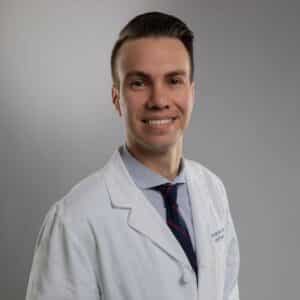
Specializes In:
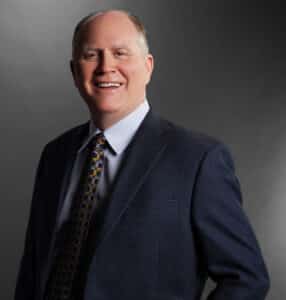
Comittees Held:
Specializes In:
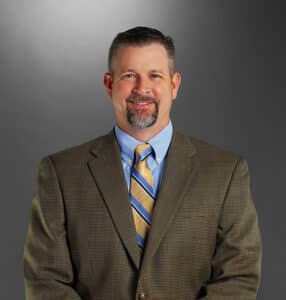
Comittees Held:
Specializes In:
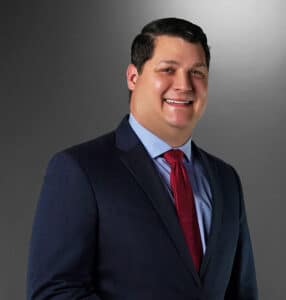
Comittees Held:
Specializes In: